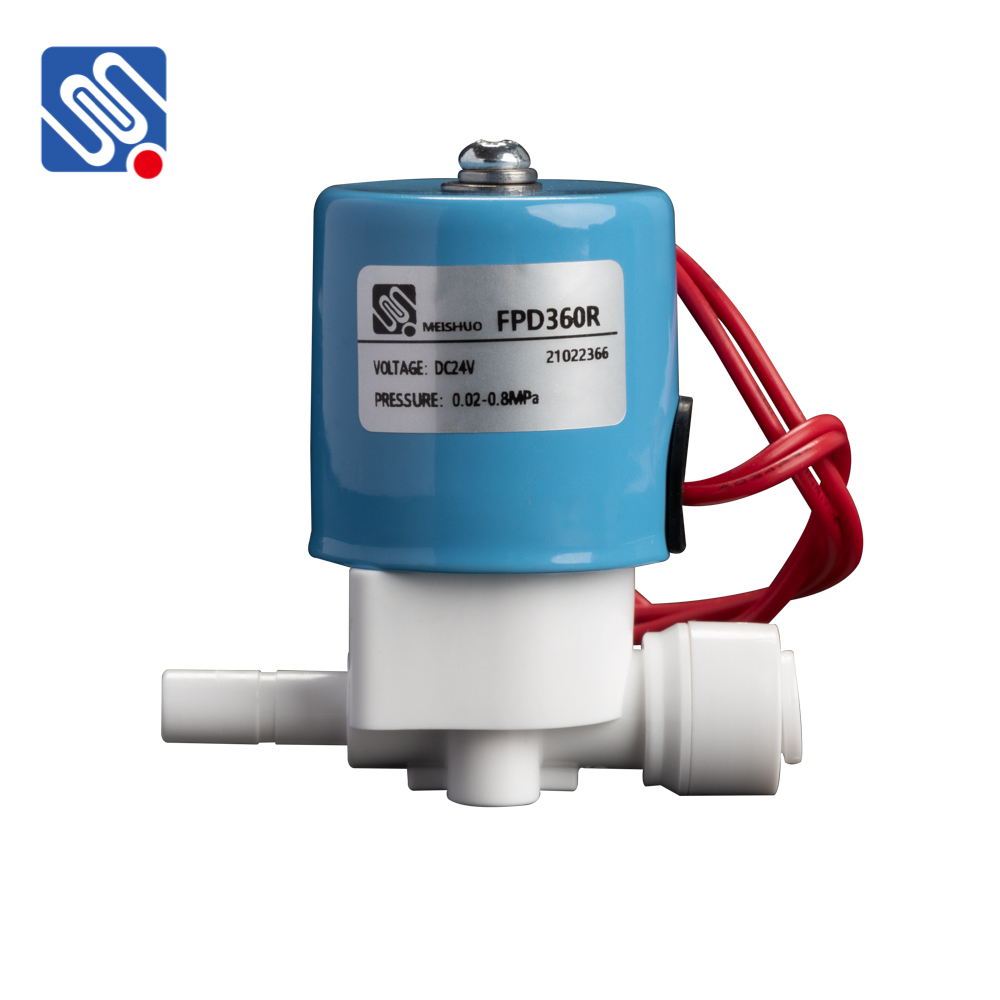In today’s world, environmental sustainability and compliance with regulations are becoming increasingly crucial in manufacturing industries. One of the essential products in industrial automation and fluid control is the solenoid valve, which plays a pivotal role in regulating the flow of liquids and gases. However, the growing awareness about the ecological impact of industrial products has led to stringent regulations, one of the most important being the RoHS (Restriction of Hazardous Substances) directive. RoHS compliance is now a critical factor in the selection of solenoid valves. This article aims to explore what RoHS compliant solenoid valves are, why they are important, and how they contribute to a safer and more sustainable industrial landscape.

What is a RoHS Compliant Solenoid Valve? A RoHS compliant solenoid valve is a type of solenoid valve that meets the requirements of the RoHS directive, which restricts the use of certain hazardous substances in electrical and electronic equipment. Specifically, the RoHS directive limits the presence of harmful substances such as lead, mercury, cadmium, hexavalent chromium, polybrominated biphenyls (PBBs), and polybrominated diphenyl ethers (PBDEs). These substances can pose significant risks to both human health and the environment, making their elimination a priority in the manufacturing of electrical and electronic devices, including solenoid valves.
Leave a Reply